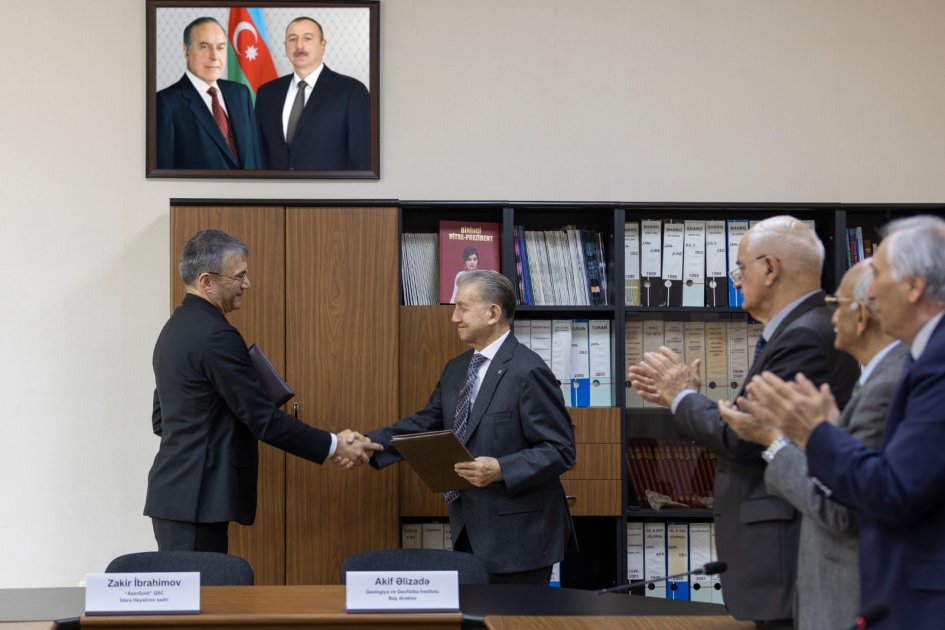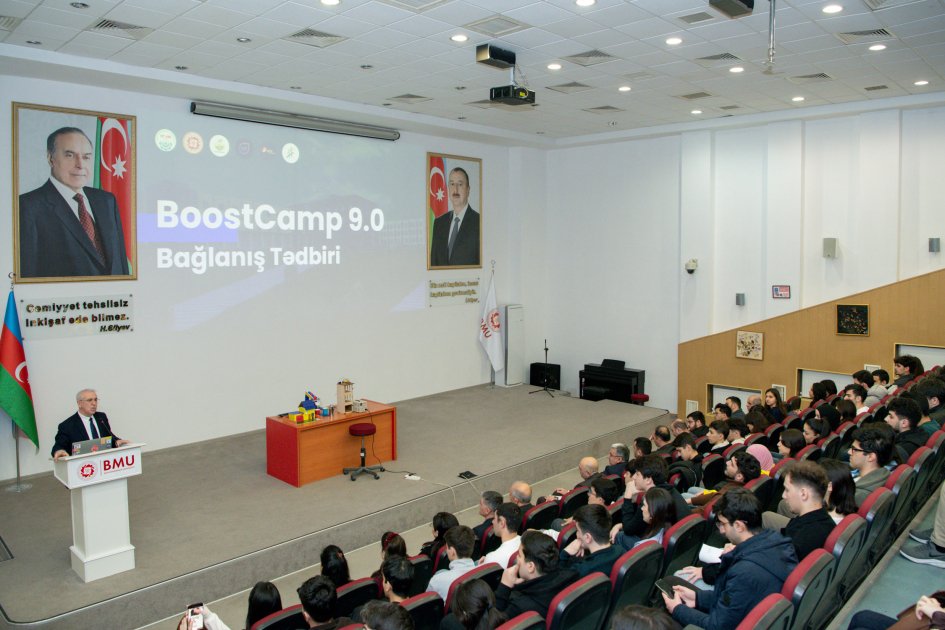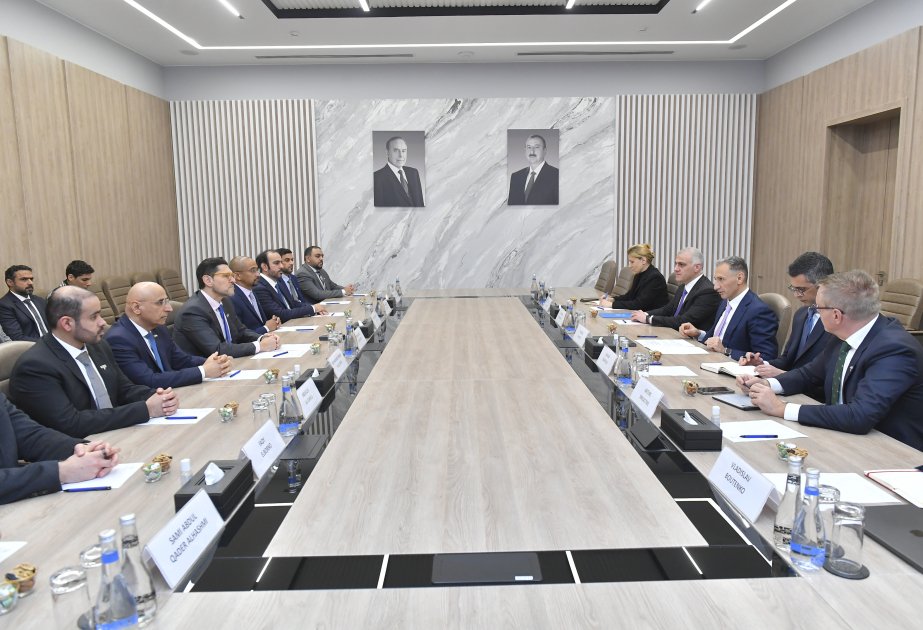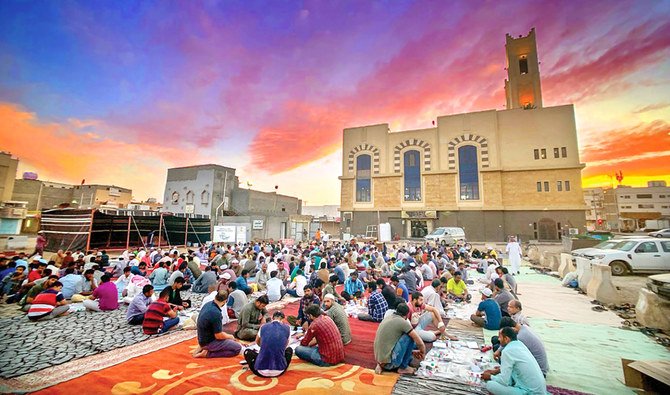Recent remarks made by the Russian Foreign Ministry highlight Moscow’s close alignment with Azerbaijan on mounting concerns about the civilian monitoring operation of the European Union in Armenia. Russian Foreign Ministry Spokesperson Maria Zakharova confirmed in a pointed briefing Baku’s “legitimate concerns,” implying that the EU mission has exceeded its stated mandate. Azerbaijani media and repeated by Zakharova indicate that EU officials could be gathering intelligence not only on Armenia but also on neighboring states, including Azerbaijan—without openness or cooperation with the Armenian government itself.
Zakharova’s claim that the mission does not support regional stabilization calls into question the EU’s self-stated capacity as a neutral peace broker. Her remarks indicate that the mission might be serving geopolitical interests outside its declared intent and it can raise tension in the region.
The press conference also highlighted a more general critique of politicized stories about cultural legacy and war memory. When asked by an Armenian journalist regarding claimed destruction of World War II monuments in Garabagh, Zakharova not only refuted the allegations but also questioned the involvement of a more general political provocation. She underlined the hypocrisy of those who raise questions selectively, neglecting the desecration of monuments to Armenian Soviet soldiers overseas and supporting dubious assertions in Azerbaijan.
Zakharova remarks clearly indicate that Russia believes to be a pattern of double standards and political debate instrumentalizing historical memory. By pointing out this apparent discrepancy, Zakharova supports Russia’s message: covert geopolitical agendas or selective outrage cannot help to build peace or regional stability.
This episode captures the growing divide between Western-led projects and the regional powers straight involved in the South Caucasus. Russia’s open support of Azerbaijan’s position not only marks the shifting dynamics of the region’s power alignment but also indicates its wariness toward increasing Western influence in what it still considers as its strategic backyard.
So lastly in my point of view, Zakharova’s comments essentially support an ally and warn against what Russia sees as the creeping politicization of both peacekeeping and historical memory, serving both functions.

Mr. Muhammad Ali Pasha is a “Foreign Affairs Expert”. Furthermore, he is a author and poet.
Owner and Patron-In-Chief of “The Gulf Observer”, Chairman “The Gulf Observer Research Forum”, Foreign Affairs Expert, Analyst, Writer and Poet.














